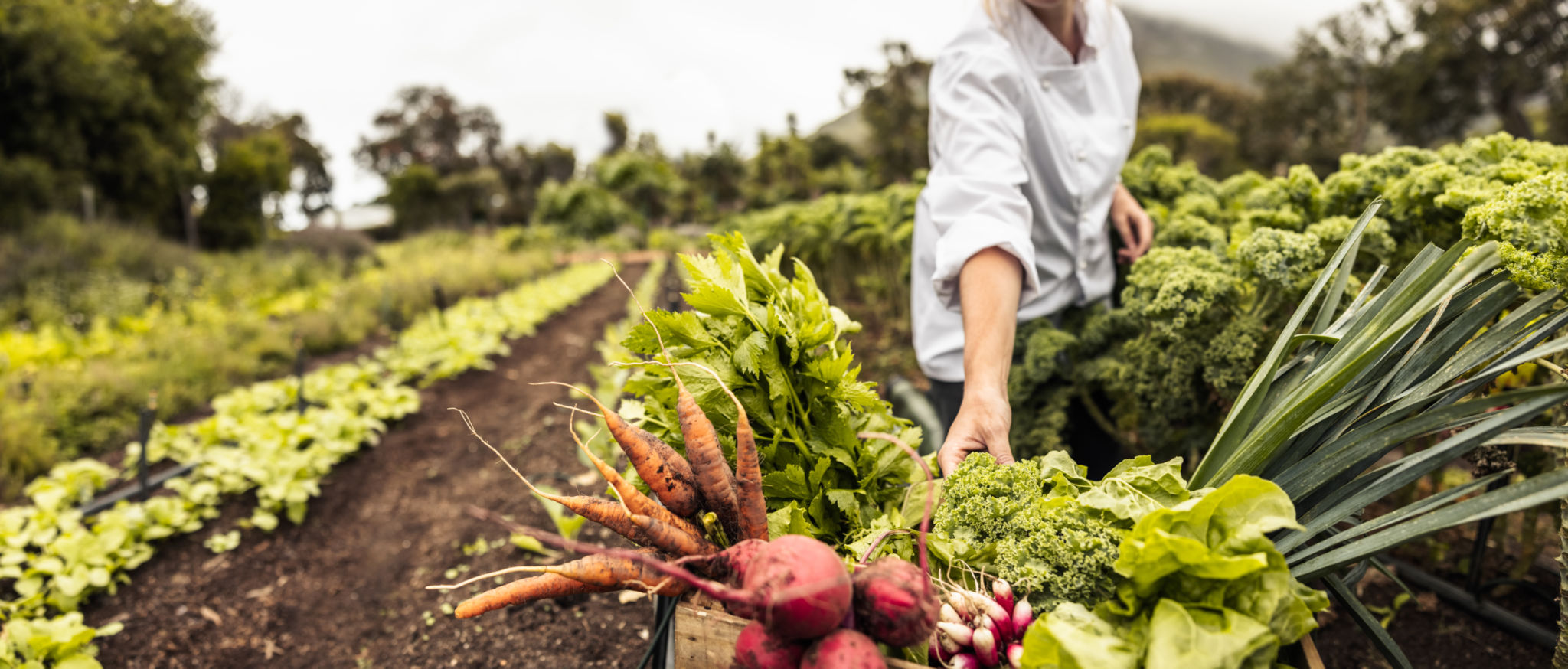Urban Farming Trends in Nigeria: Opportunities and Challenges
Introduction to Urban Farming in Nigeria
Urban farming is rapidly gaining momentum in Nigeria as more individuals and communities embrace the need for sustainable food production within city environments. This innovative approach to agriculture seeks to address food security challenges, reduce urban poverty, and promote environmental sustainability. As Nigeria's urban population continues to grow, urban farming presents both opportunities and challenges that are shaping the future of agriculture in the country.

Opportunities in Urban Farming
One of the primary opportunities presented by urban farming is the potential to enhance food security in Nigeria. By cultivating crops and raising livestock within city limits, urban farmers can provide fresh produce and protein sources directly to local markets, reducing the dependency on rural agriculture and long supply chains. This local production also helps to minimize food spoilage and waste.
Moreover, urban farming offers economic benefits by creating new employment opportunities. From growing and harvesting crops to processing and selling farm produce, urban agriculture can generate income for city dwellers, particularly for women and youth who are often marginalized in traditional employment sectors.
Technological Innovations
The integration of technology into urban farming practices is another promising trend. Hydroponics, aquaponics, and vertical farming are gaining popularity as they require less space and water compared to traditional farming methods. These technologies allow urban farmers to maximize yield in limited spaces, making it feasible to grow food even in densely populated areas.

Challenges Facing Urban Farming
Despite its potential, urban farming in Nigeria faces several challenges. One significant hurdle is the lack of access to land. In many cities, land is expensive and scarce, making it difficult for aspiring urban farmers to secure plots for cultivation. Innovative solutions such as rooftop gardens and community farms are emerging, but they require policy support and investment.
Another challenge is the lack of awareness and education about urban farming techniques. Many city dwellers are unfamiliar with modern agricultural practices, which can hinder the successful implementation of urban farming projects. Providing training and resources for potential urban farmers is crucial for overcoming this barrier.
Environmental Impact
Urban farming can also pose environmental challenges if not managed sustainably. Issues such as water pollution from fertilizers and pesticides, as well as waste management, need to be addressed to ensure that urban agriculture does not negatively impact city environments. Implementing eco-friendly practices and encouraging organic farming methods can help mitigate these concerns.

The Future of Urban Farming in Nigeria
The future of urban farming in Nigeria is promising but requires concerted efforts from government, private sector, and civil society. By creating supportive policies, providing access to resources, and fostering innovation, Nigeria can harness the full potential of urban agriculture to improve food security, create jobs, and promote sustainable urban development.
In conclusion, while there are significant challenges to overcome, the opportunities presented by urban farming in Nigeria are abundant. As more individuals and communities engage in this agricultural revolution, the prospects for a greener, more self-sufficient urban landscape become increasingly attainable.
